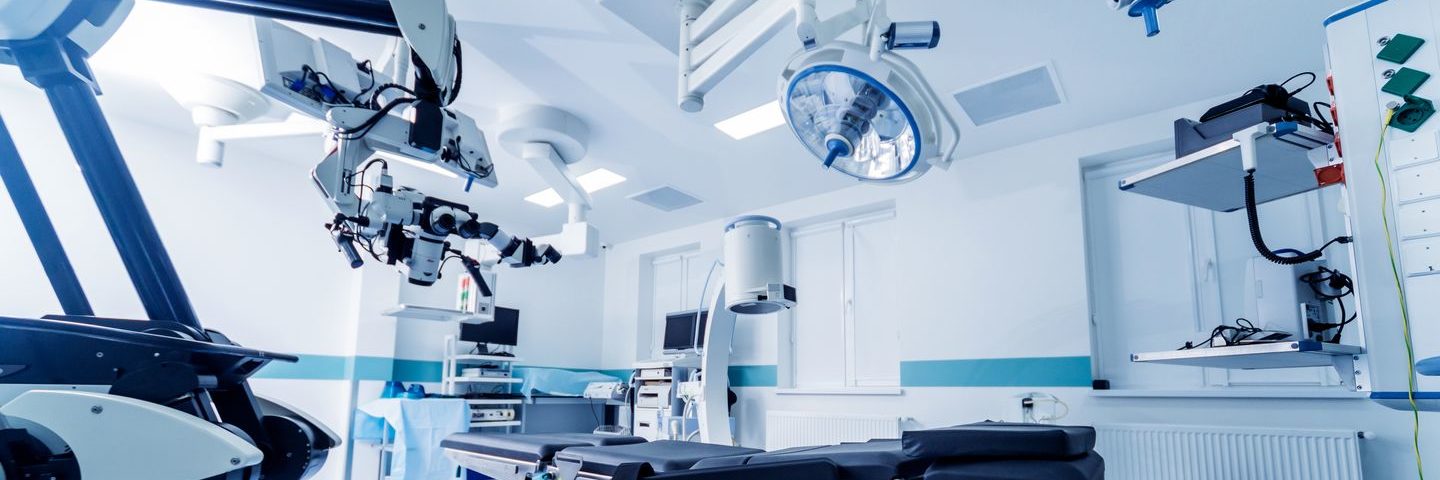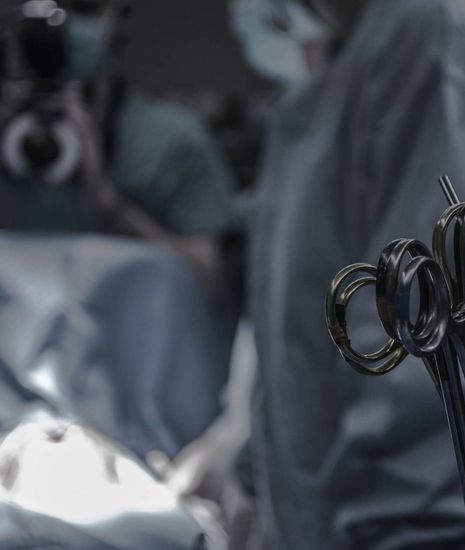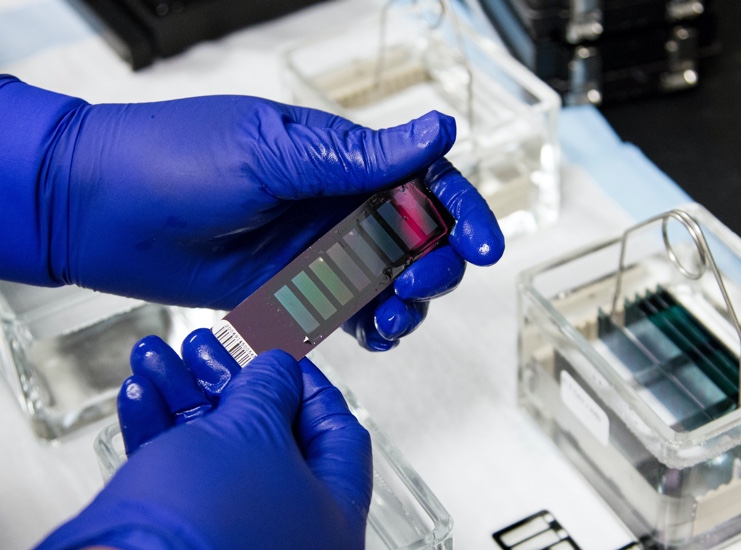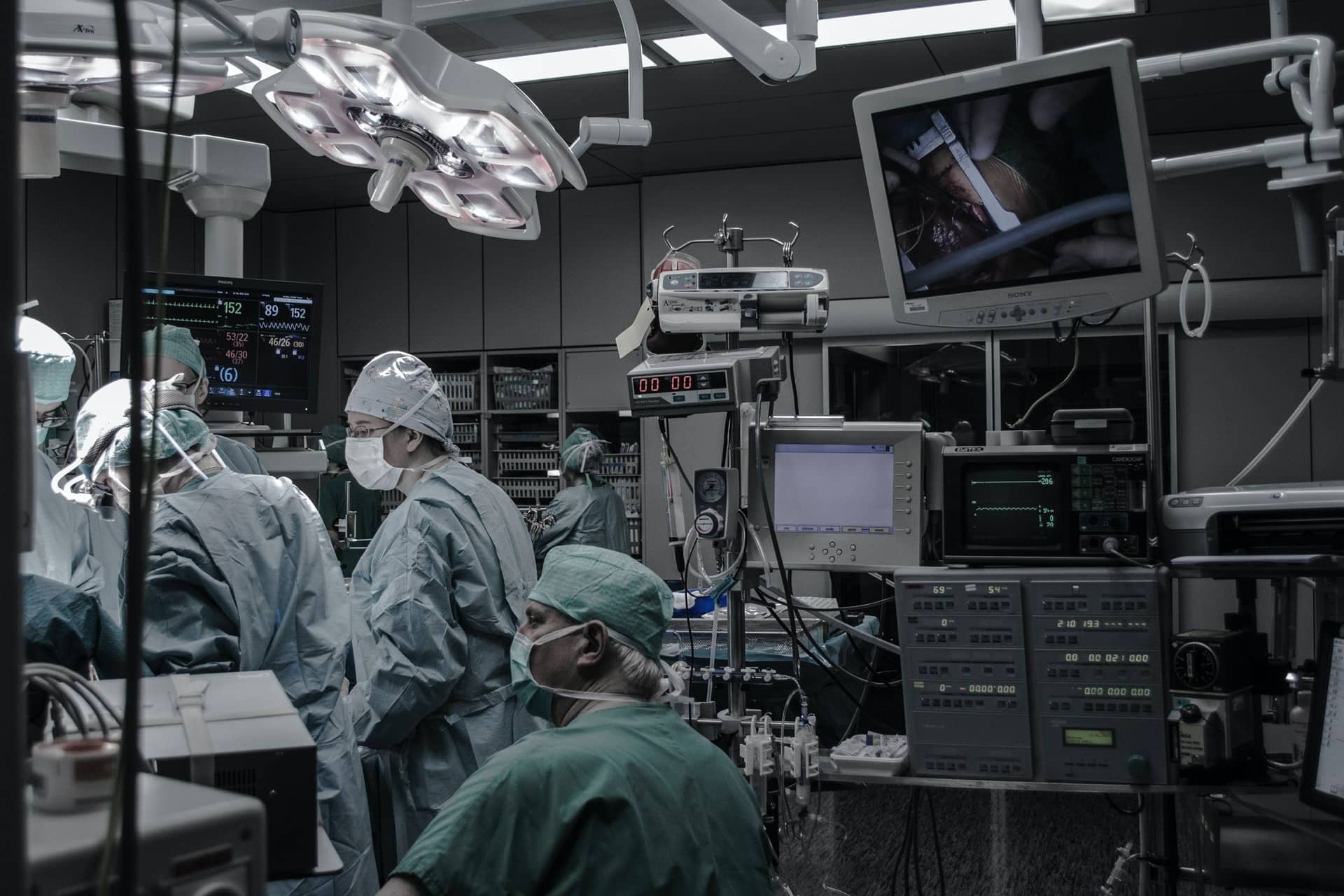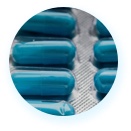Various brands of hernia mesh used in hernia repair surgeries, including those made by companies like Johnson & Johnson, Ethicon, and Atrium Medical, have been the subject of recent lawsuits. Meant to support damaged tissue, some defective hernia mesh has instead led to secondary revision surgeries as well as serious side complications such as adhesion, hernia reoccurrence, and bowel perforation. These failing products have cost patients time, medical expenses, lost wages, unnecessary pain and suffering, and more.
Studies of people who underwent hernia repair surgery found that one-third of patients are later hospitalized due to complications and between 7.5% and 10% of patients experience hernia recurrence.
Hernia mesh can be made from either animal byproducts or manufactured synthetically. Unfortunately, neither method escaped the manufacturing mistakes made by these companies. If you or someone you know had to have revision surgery after being implanted with a faulty hernia mesh, or suffered any other side effects from the faulty product, you may be eligible for compensation. Reach out to the legal network at MedFault today to learn how we can help.

